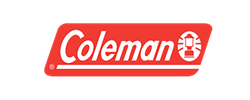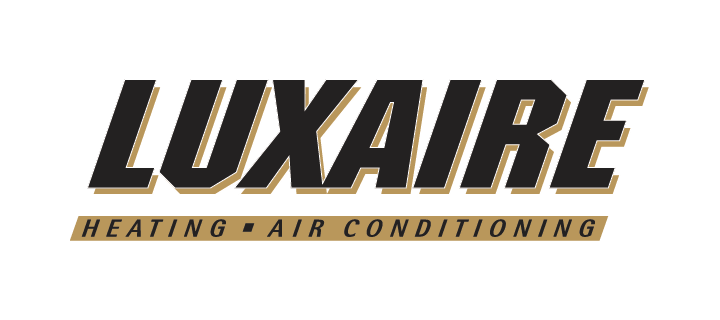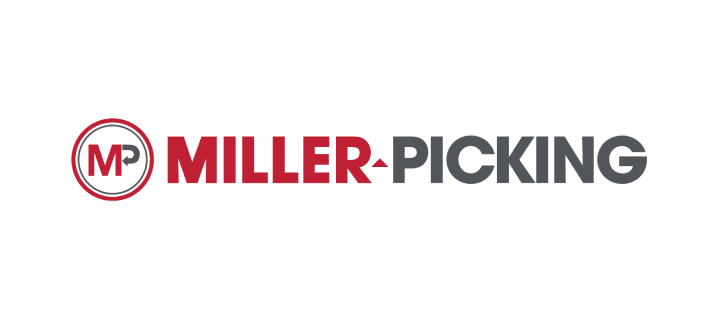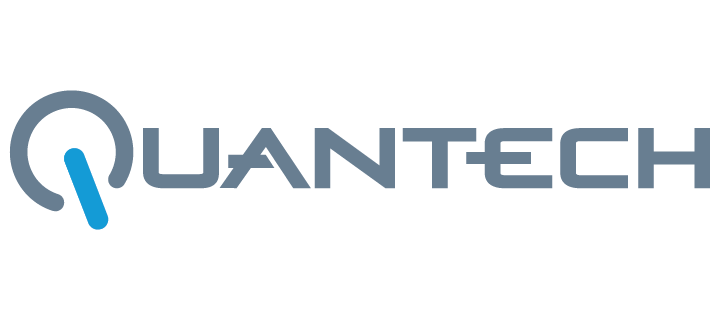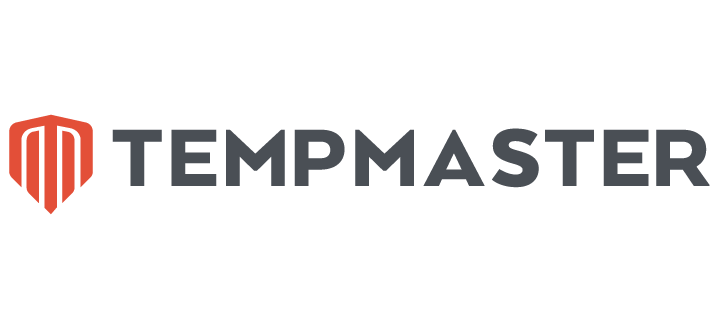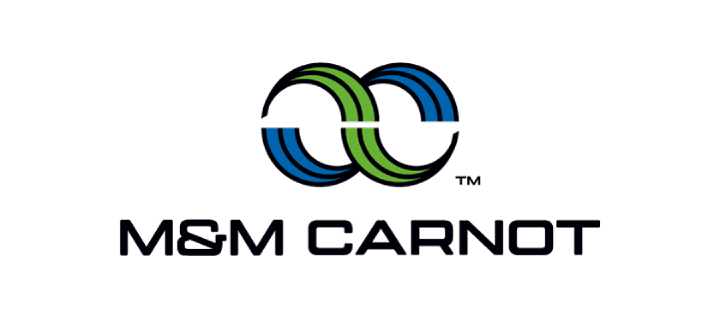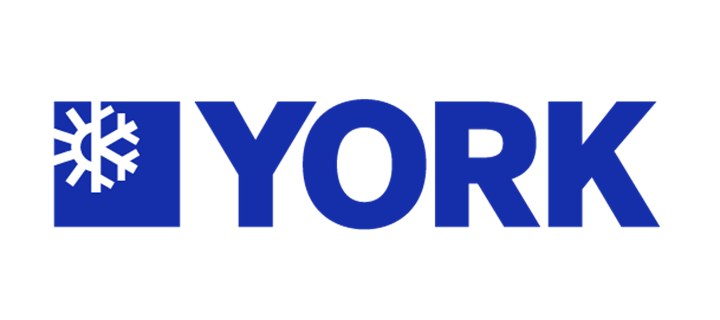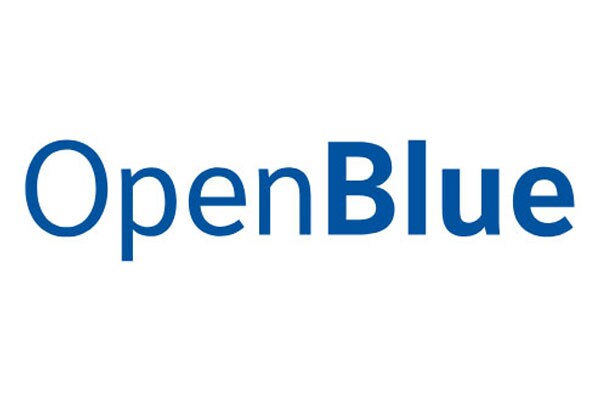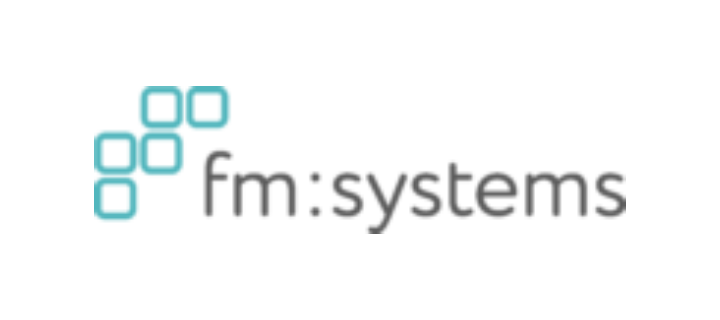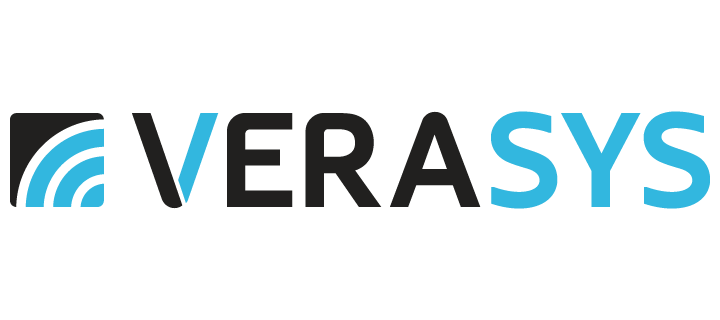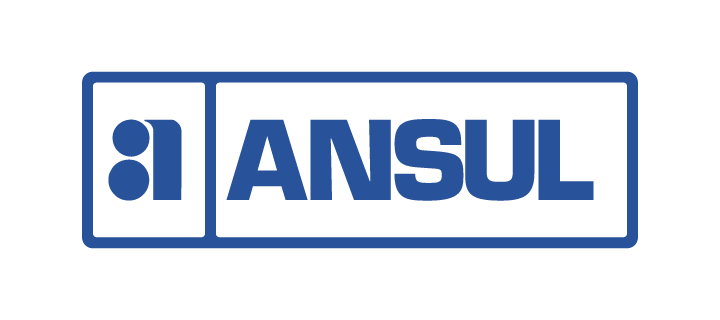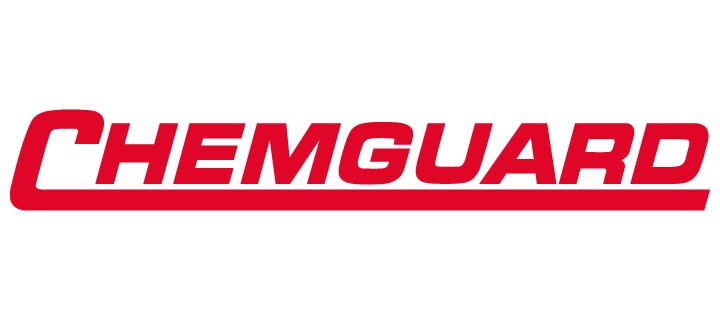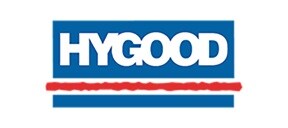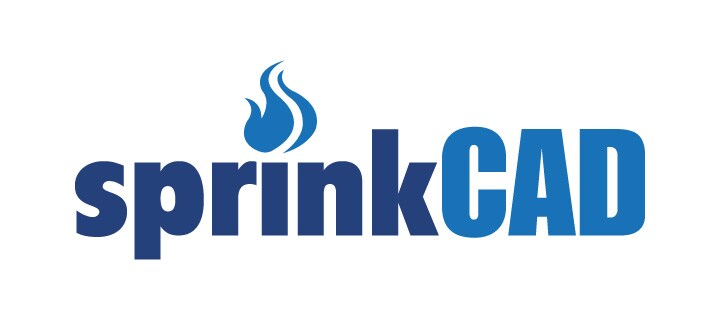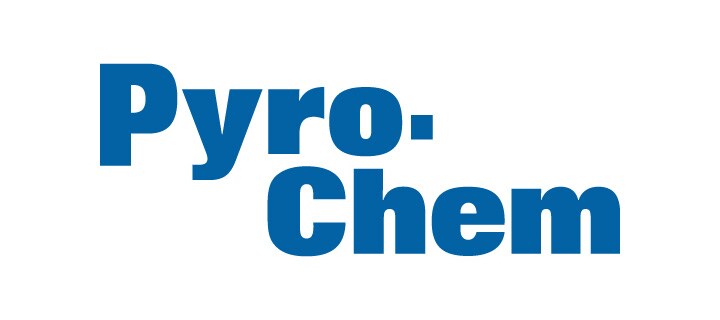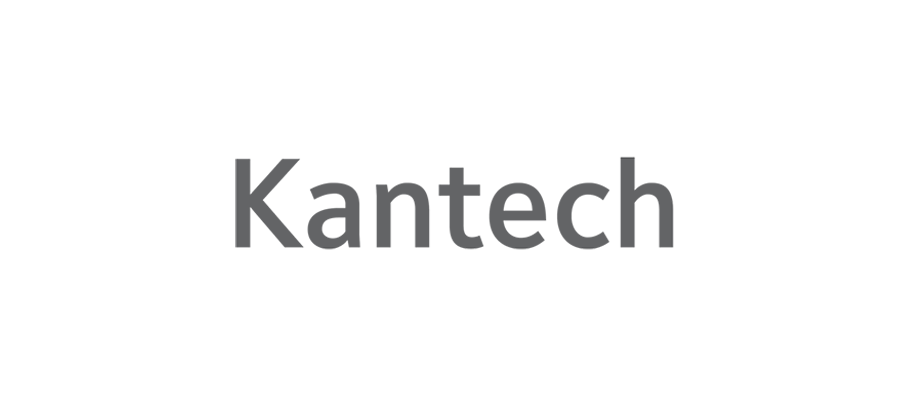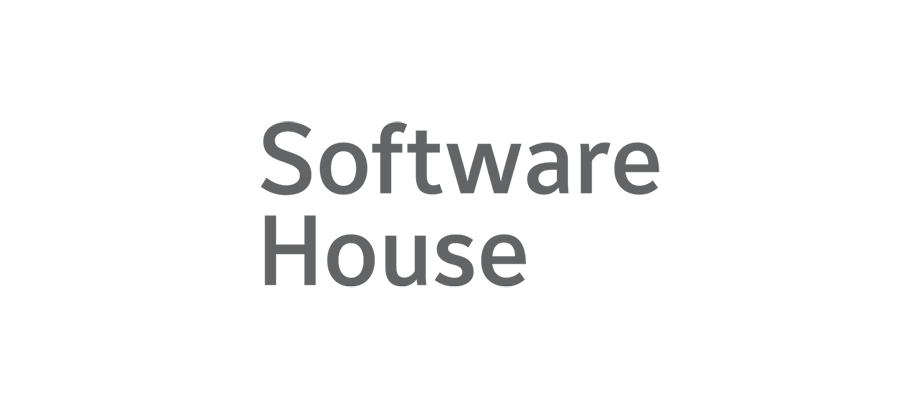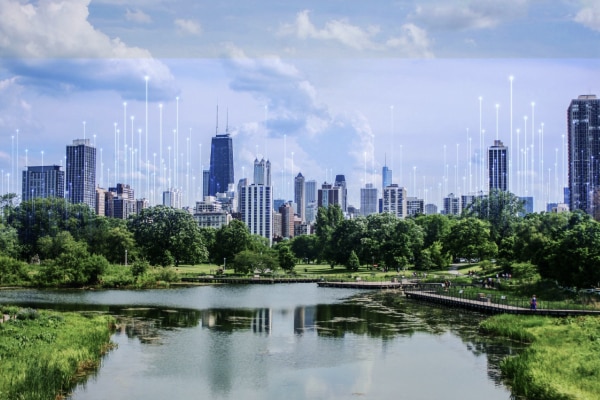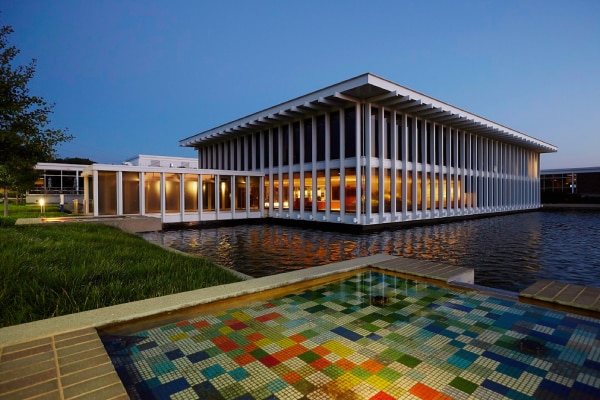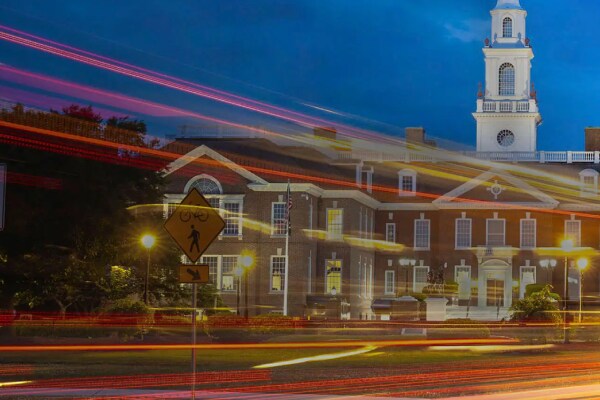- Johnson Controls
- Insights
- New Survey Maps Out a Pathway to Smart Cities
New Survey Maps Out a Pathway to Smart Cities
In partnership with Smart Cities Dive, Johnson Controls conducted a national survey of over 100 city leaders to uncover the greatest motivators behind their smart city transformations, the barriers they face and the methodology they're implementing to bring their vision to life.

 By Lisa Brown, Senior Director, Local Government, Johnson Controls
By Lisa Brown, Senior Director, Local Government, Johnson Controls
Today, city leaders face an urgent need for community-wide resiliency that can withstand any crisis, a macro- and microeconomic climate that forces families to make tough financial choices and growing calls for ambitious decarbonization measures at global events like 2022 United Nations Climate Change Conference, or COP27. At the heart of these challenges is the vital need to enhance quality of life for residents and visitors at every touchpoint. From small towns to urban metropolitan areas, local governments across the country are taking on smart city initiatives to tackle these challenges and transport their communities into the future.
In partnership with Smart Cities Dive, Johnson Controls conducted a national survey of over 100 city leaders to uncover the greatest motivators behind their smart city transformations, the barriers they face and the methodology they’re implementing to bring their vision to life. The results are clear: smart cities aren’t a passing trend, they’re a pathway to attract and retain satisfied residents and businesses. In short, they’re a direct route to sustained prosperity.
Survey reveals the driving forces behind the smart city wave
Smart city initiatives don’t exist in a vacuum. Rather, they are frequently a component of an overall community program that guides investments. 41% of surveyed city leaders said that “economic recovery plans” provide the blueprint for smart city investments, while another 28% said that “capital improvements plans” directs their investments.
From small towns to urban metropolitan areas, local governments across the country are taking on smart city initiatives to tackle macro- and microeconomic challenges and transport their communities into the future.
When asked what the driving factor behind their smart city initiatives is, “quality of life” was the most-cited answer by 44% of respondents. Close behind was “citizen expectations” at 36%, followed by “environmental risk” and “economic risk,” both tied at 35%. These responses paint a picture of a city leader most guided by meeting citizen’s expectations across a wide spectrum of needs. Every decision is driven by the goal of fostering vibrancy in their community.
And local government leaders aren’t just talking the talk, they’re backing up their plans with tangible progress; 78% of respondents said they are either on track or ahead of schedule in achieving their smart city objectives. When asked which initiatives are most critical to their five-year plan, three were unequivocally named as top priorities:
- Transportation – 47%
- Renewable Energy – 45%
- Education – 43%
While progress is certainly being made, smart cities initiatives aren’t without their challenges which could potentially derail projects. Perhaps the biggest obstacle comes from the significant changes smart city initiatives require governments to make. Nearly 70% of survey respondents reported that achieving their priorities would require either a “moderate amount or a lot of change,” while another 17% of leaders said “extreme change” would be necessary. Additional barriers included competing priorities, changing market conditions and inadequate staff time and expertise.
Johnson Controls is a trusted advisor to smart city visionaries
Fortunately, community leaders don’t have to overcome these barriers alone. Four out of five respondents said that partnerships are “extremely or very important to achieving their cities’ goals.” Johnson Controls team of experts act as an extension of local governments’ internal teams to make their smart city dreams a reality without burdening taxpayers. Leveraging a powerful suite of OpenBlue solutions and services, Johnson Controls serves thousands of local governments across the country, including:
- Town of Lake Park, FL: To foster a welcoming environment for citizens, tourists and town employees alike, Lake Park leaders partnered with Johnson Controls to make community-wide upgrades. Spanning seven public spaces and totaling $1.5M, the project included LED lighting retrofits, updated water conservation solutions, HVAC replacements and integrated building automations and controls. The initiative is expected to deliver $2.2M in positive economic impact for the town.
- City of Lansing, MI: The City of Lansing engaged with Johnson Controls to upgrade aging facilities while making progress towards its 2050 carbon neutrality goal. This smart city initiative is projected to generate a positive economic impact by creating 200 jobs, delivering $14.5M in savings and generating $1.5M in positive cash flow over the next 20 years.
- City of Philadelphia, PA: Historic buildings are notoriously difficult to decarbonize, making energy efficiency a growing challenge in Philadelphia. In 2015, the city launched its Philadelphia Energy Campaign, a $1B effort to invest in energy efficiency and clean energy over 10 years, starting with the Philadelphia Museum of Art. Working with Johnson Controls, the city implemented 11,000 new LED lights and building and chiller upgrades to reduce energy costs by 24% and generate $750,000 in guaranteed energy savings. These savings will eventually far exceed the initial $11.3M project investment.
Delivering the community of the future
In today’s real estate market, families and businesses are spoilt for choice when it comes to choosing a place to call home. City leaders must remain competitive by delivering a community that is people-first and future forward. Smart city initiatives are a direct route to happy, healthy and modern communities that welcome residents for years to come.
To take a deep dive into the survey’s results and learn where the smart city industry is heading, download the whitepaper, How Partnerships and Innovation Help Achieve the Smart City Goals Residents Demand
Related Items
Local Government Facilities
Our integrated solutions help local governments upgrade buildings and infrastructure – paving way for uninterrupted progress.

Energy and Efficiency Solutions
Johnson Controls develops cost-effective Energy & Efficiency solutions, including design, HVAC maintenance and repair, retrofits and system integrations.
Digital Solutions
Johnson Controls Digital Solutions connect buildings and occupants to actionable insights and detailed data for comfort and safety.



